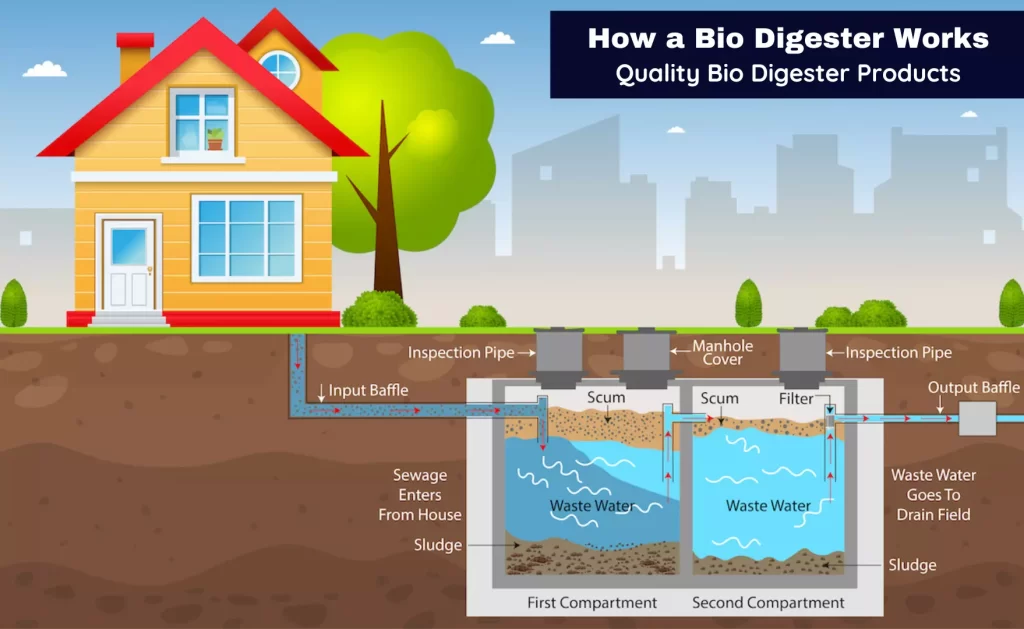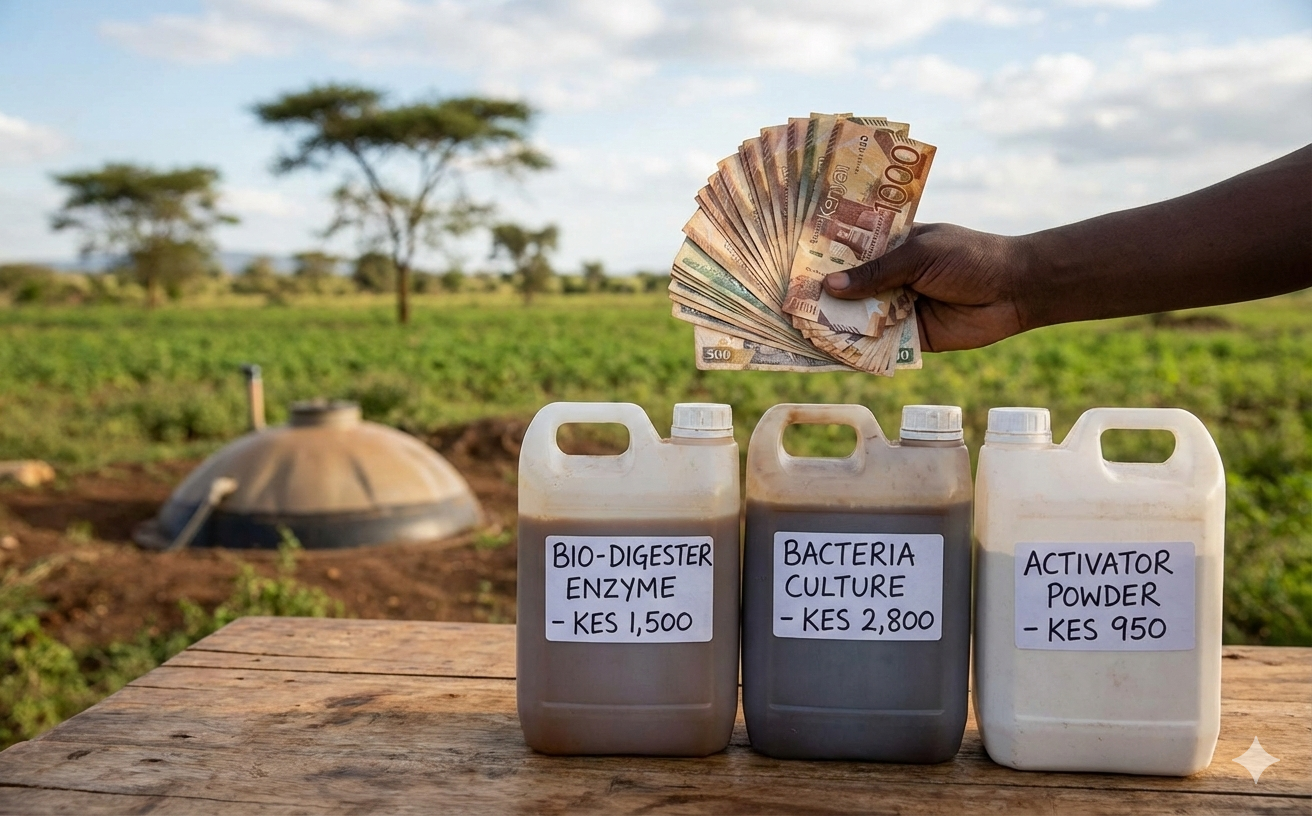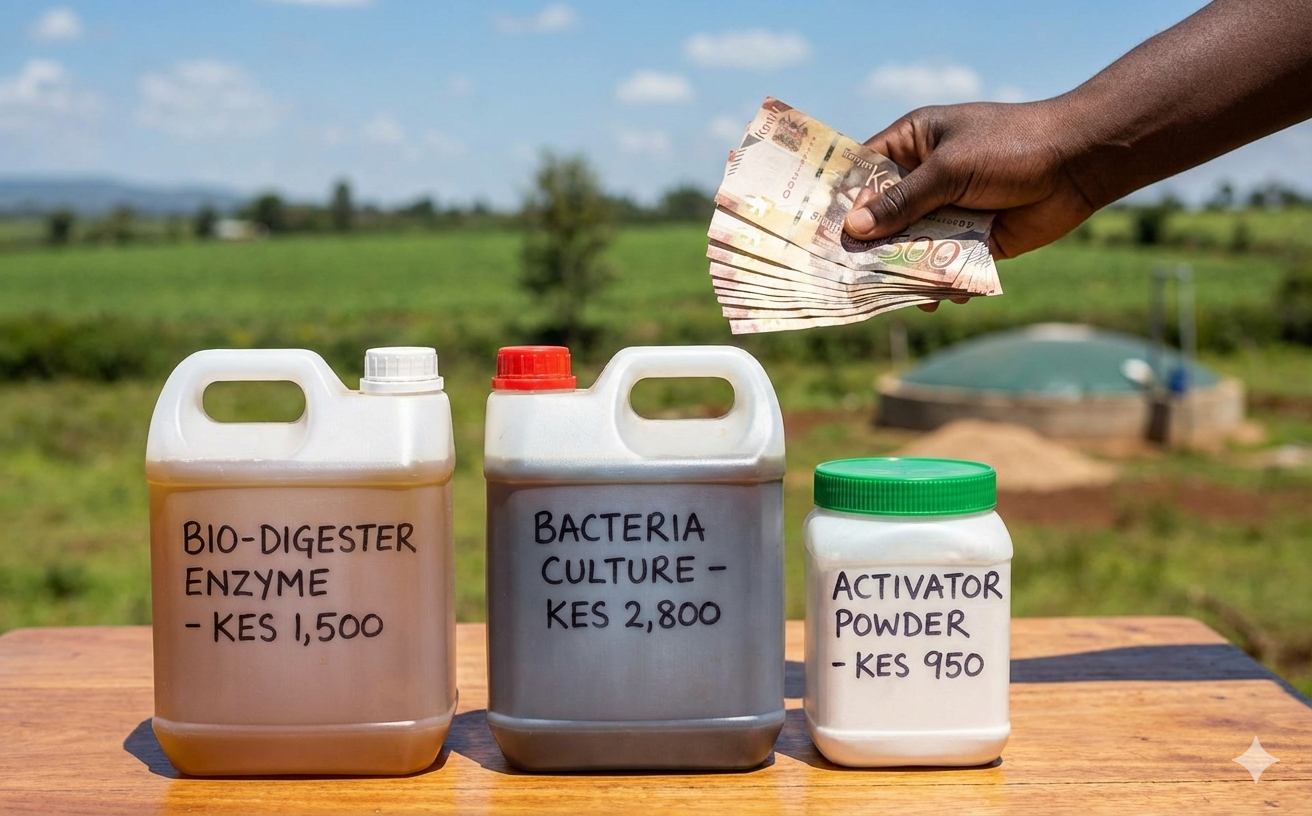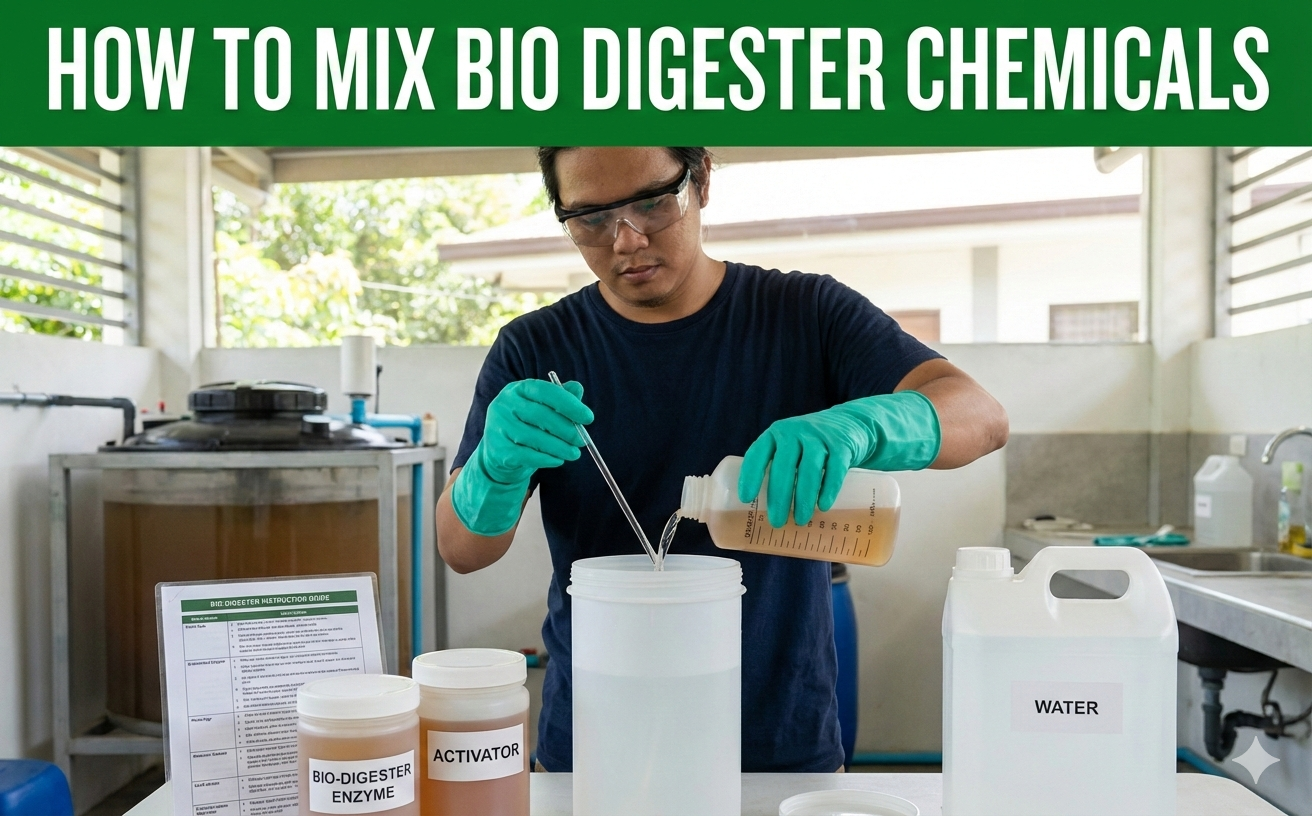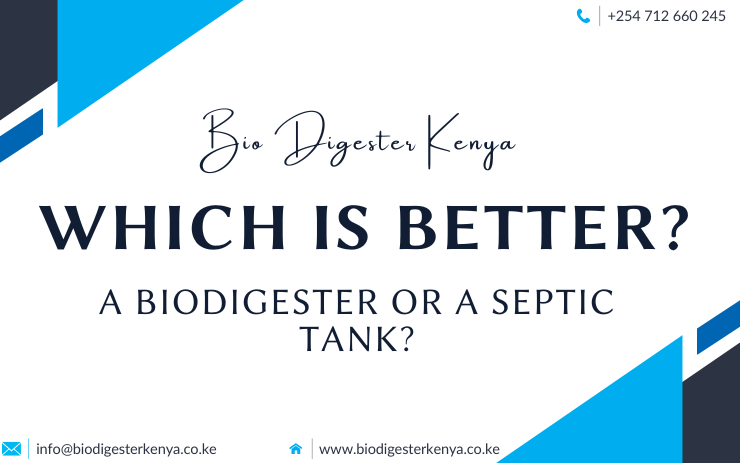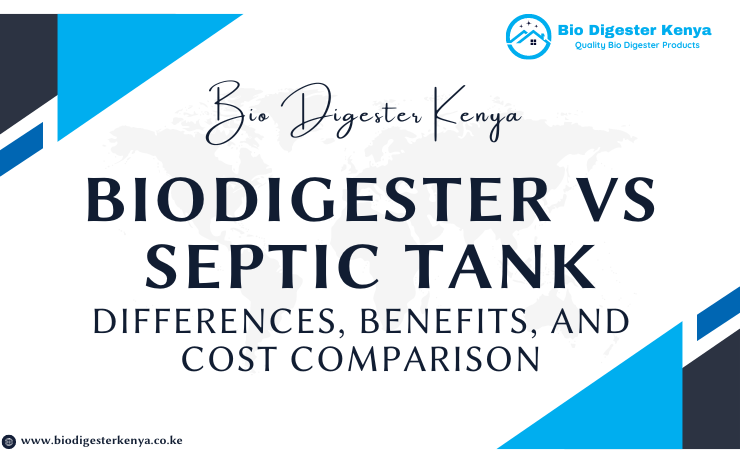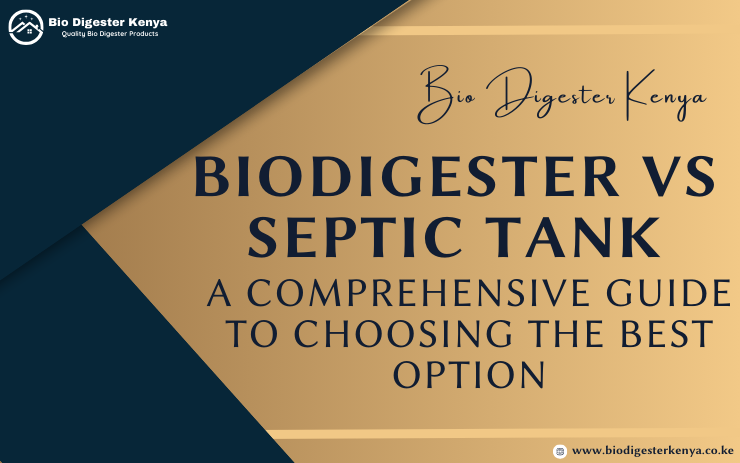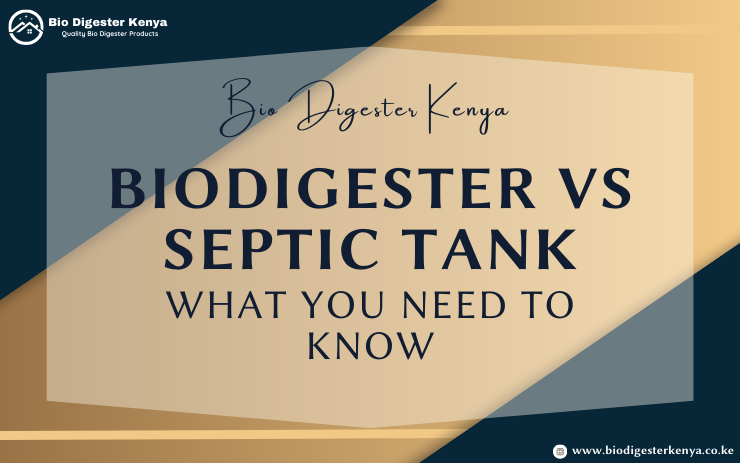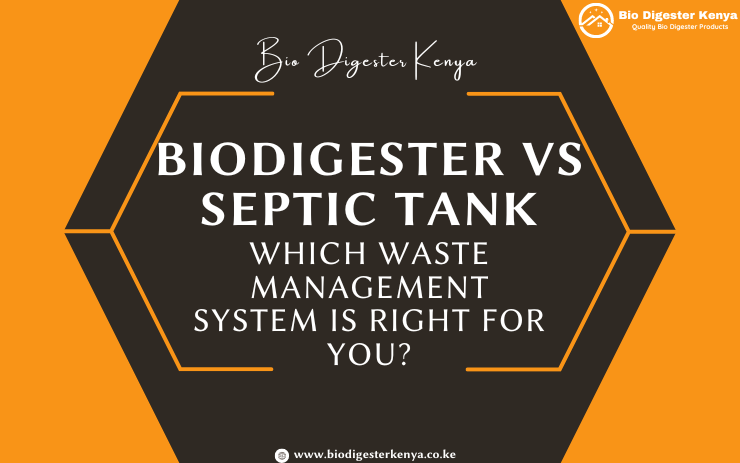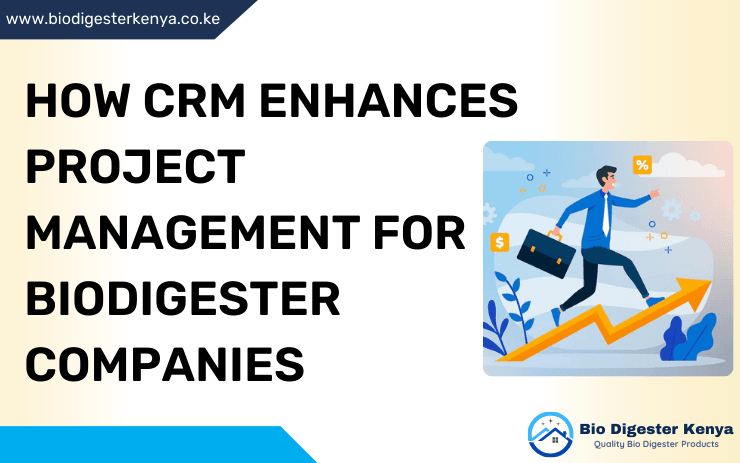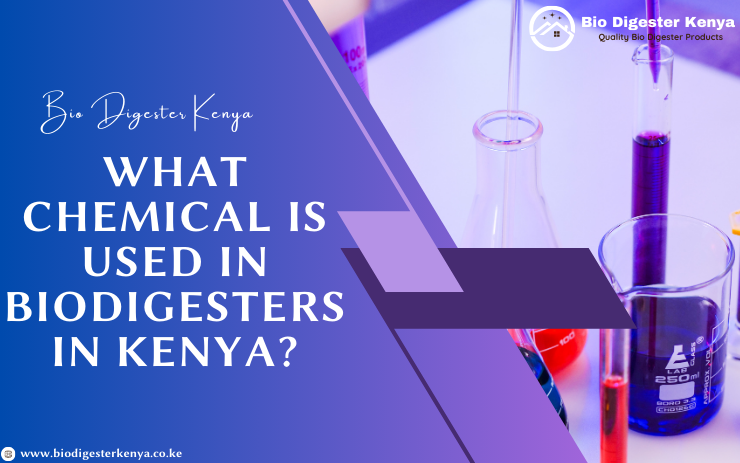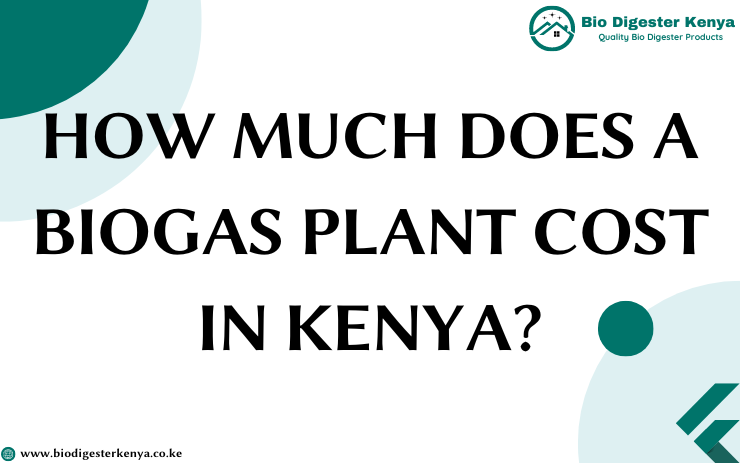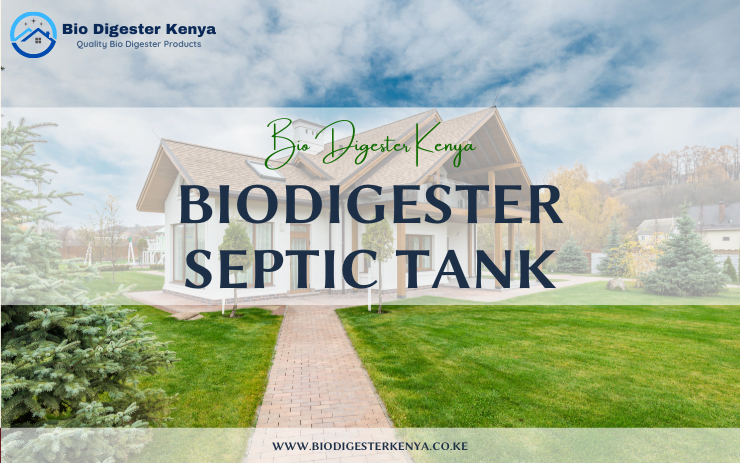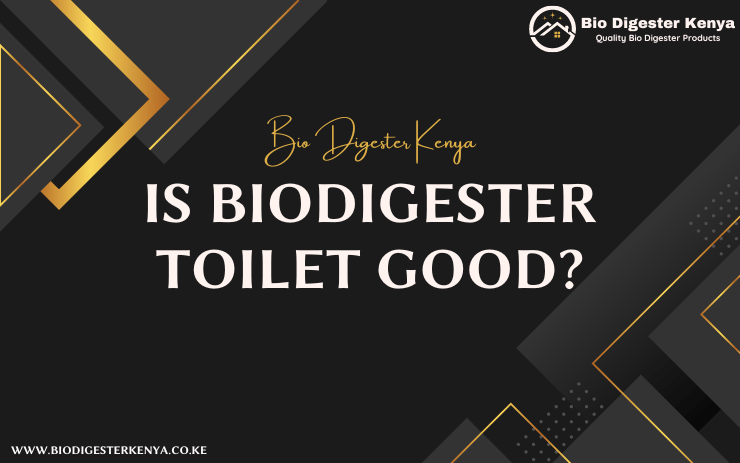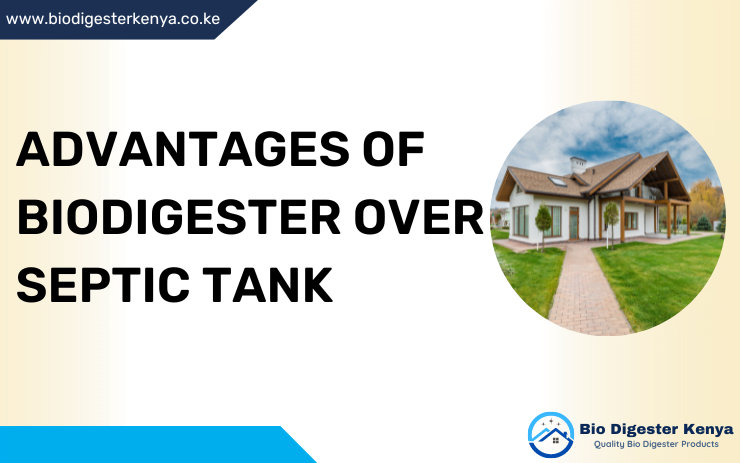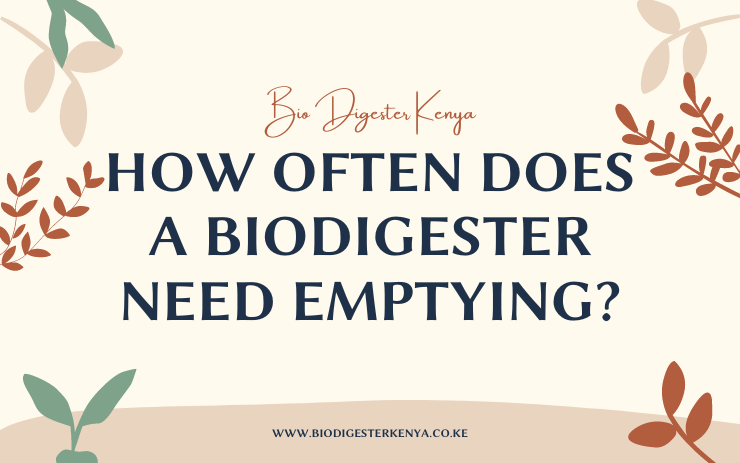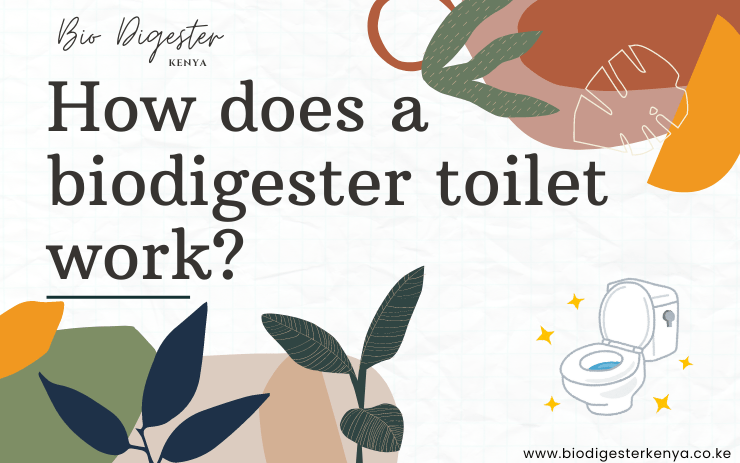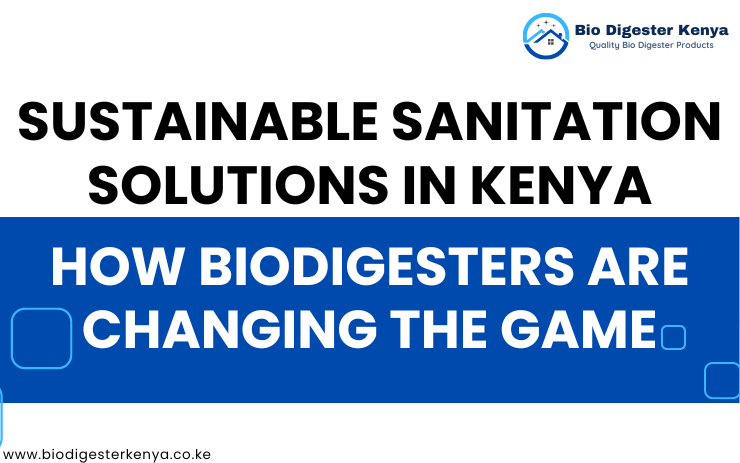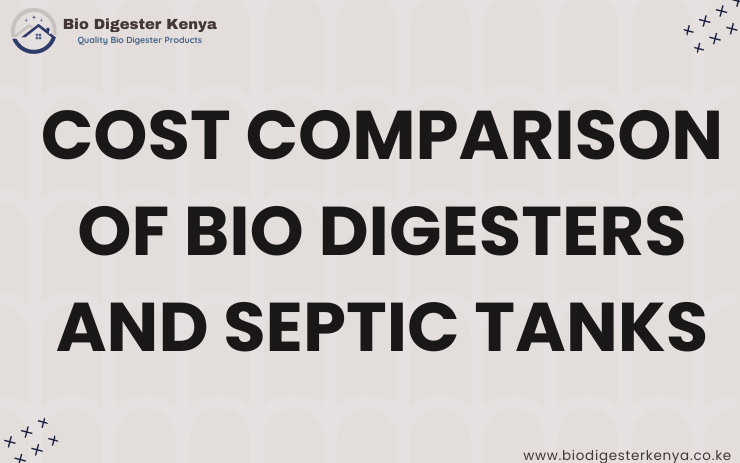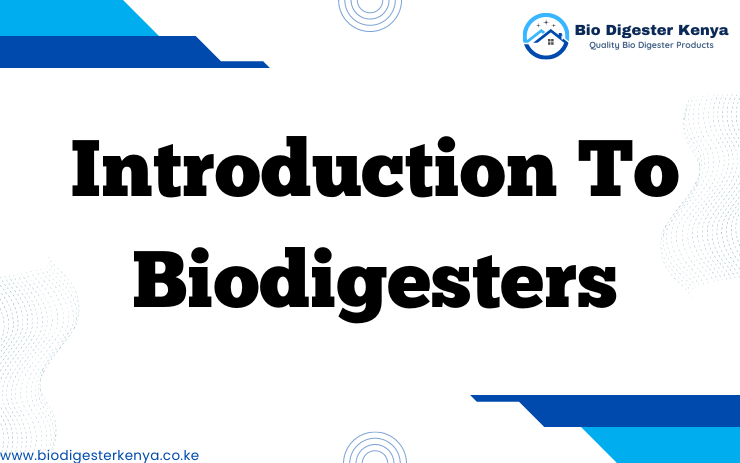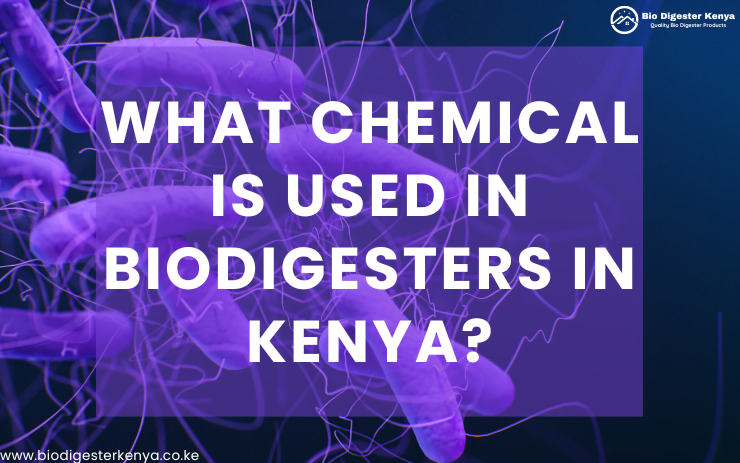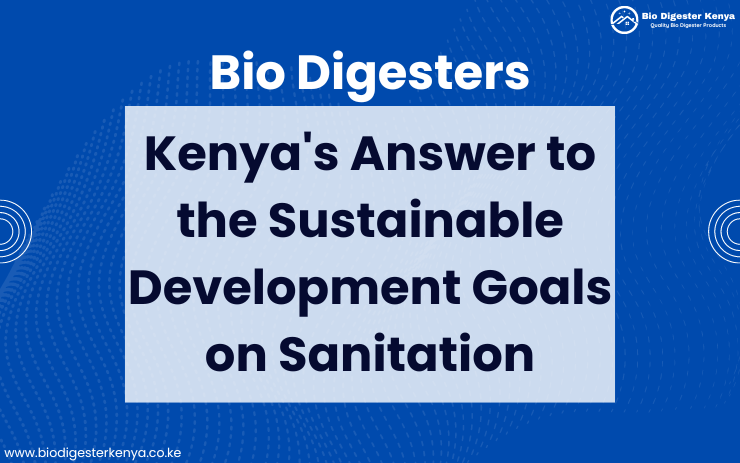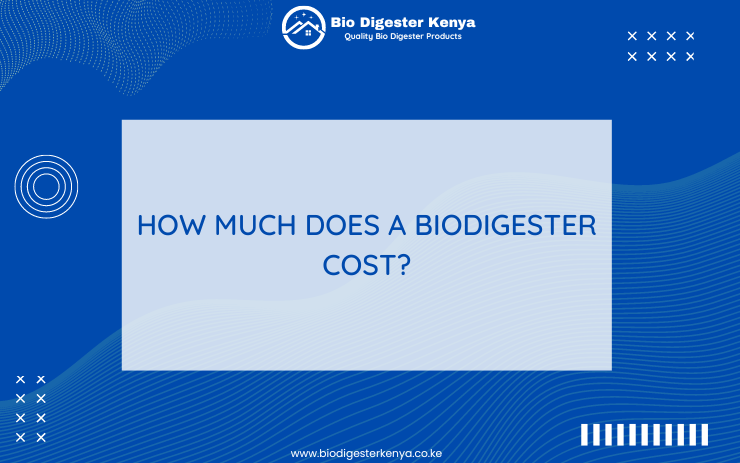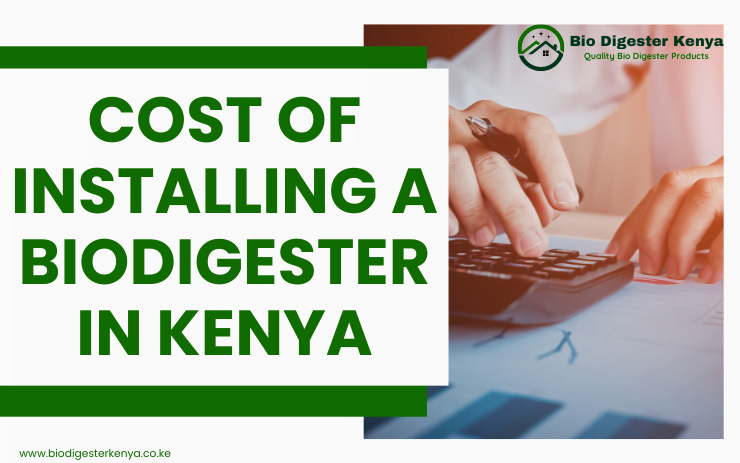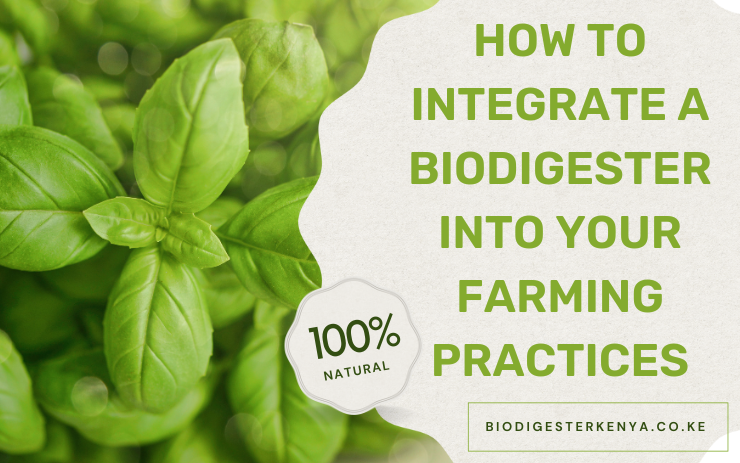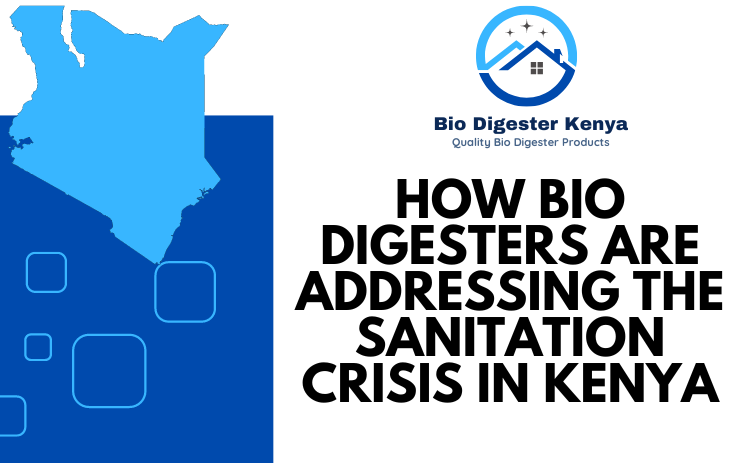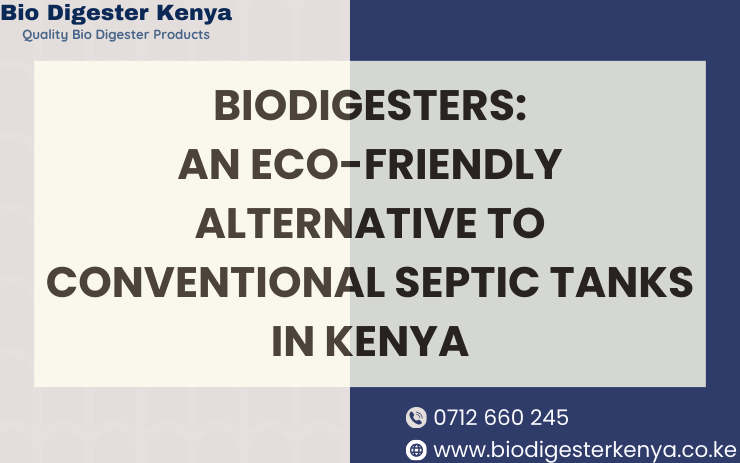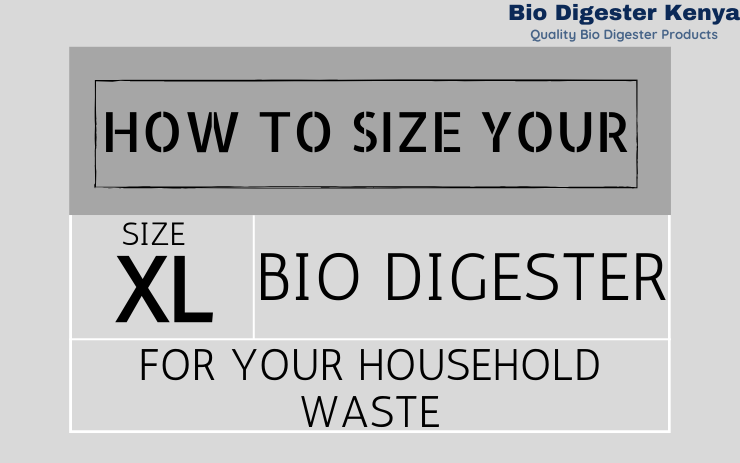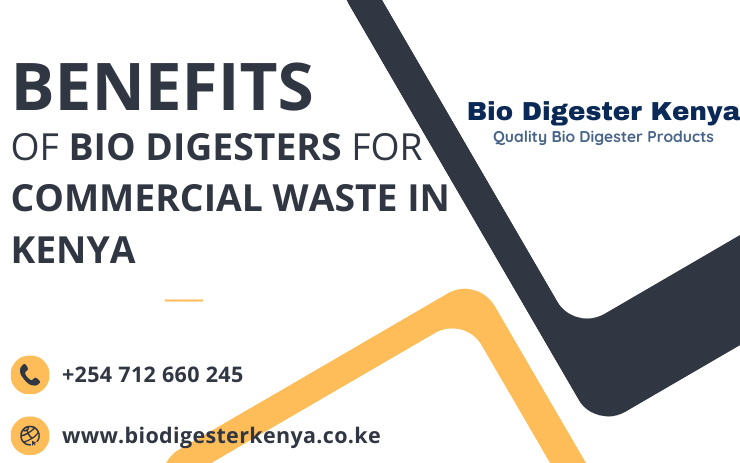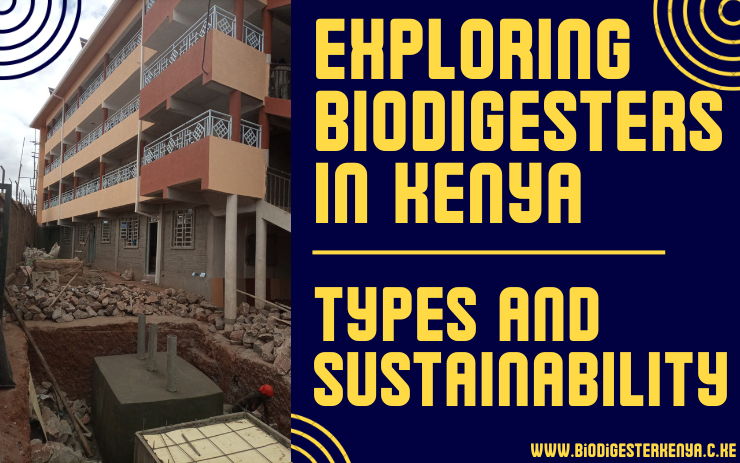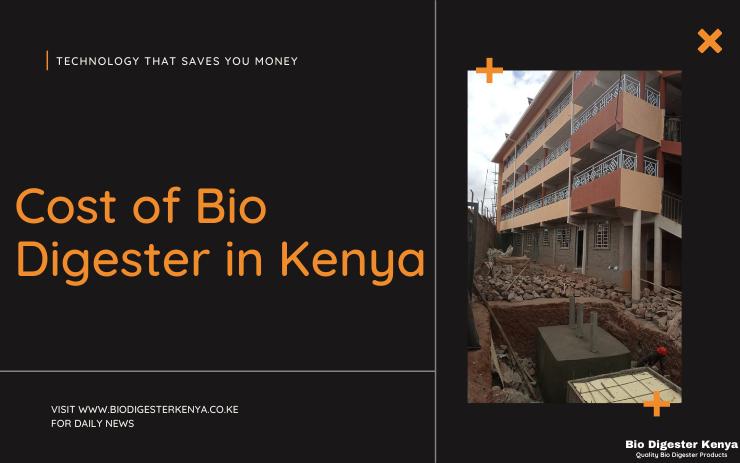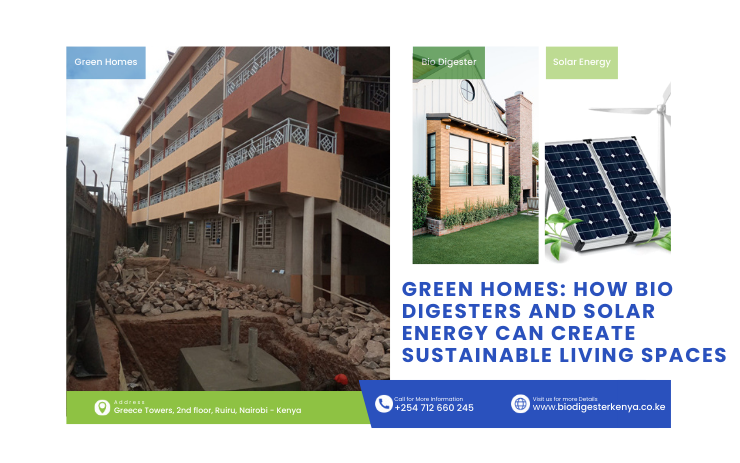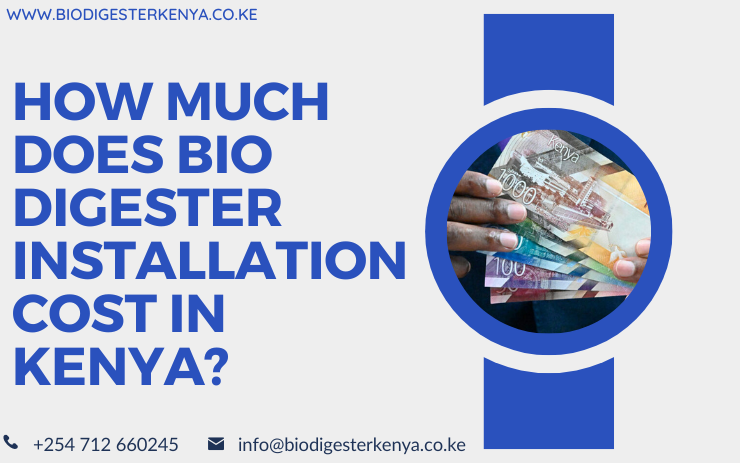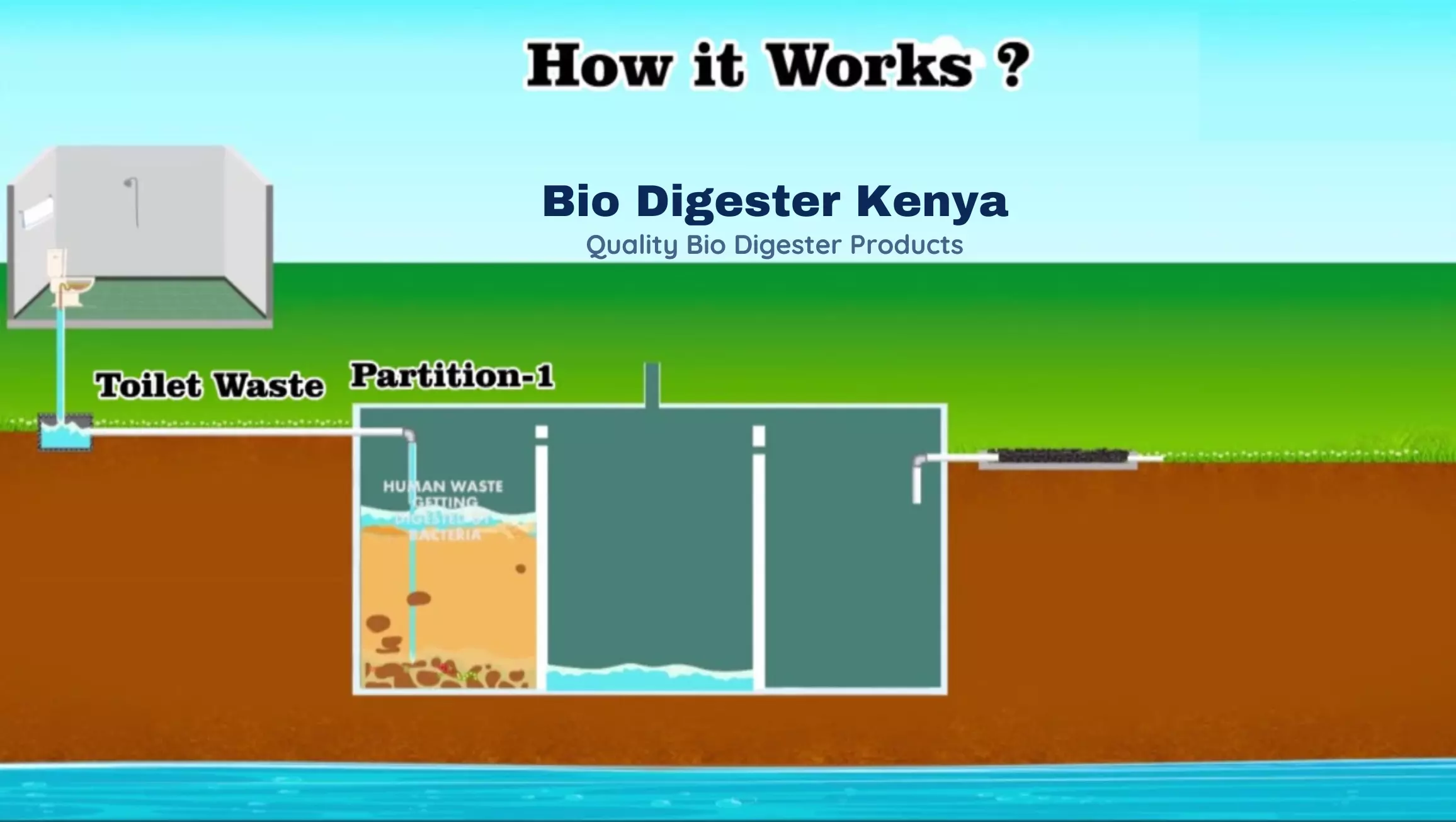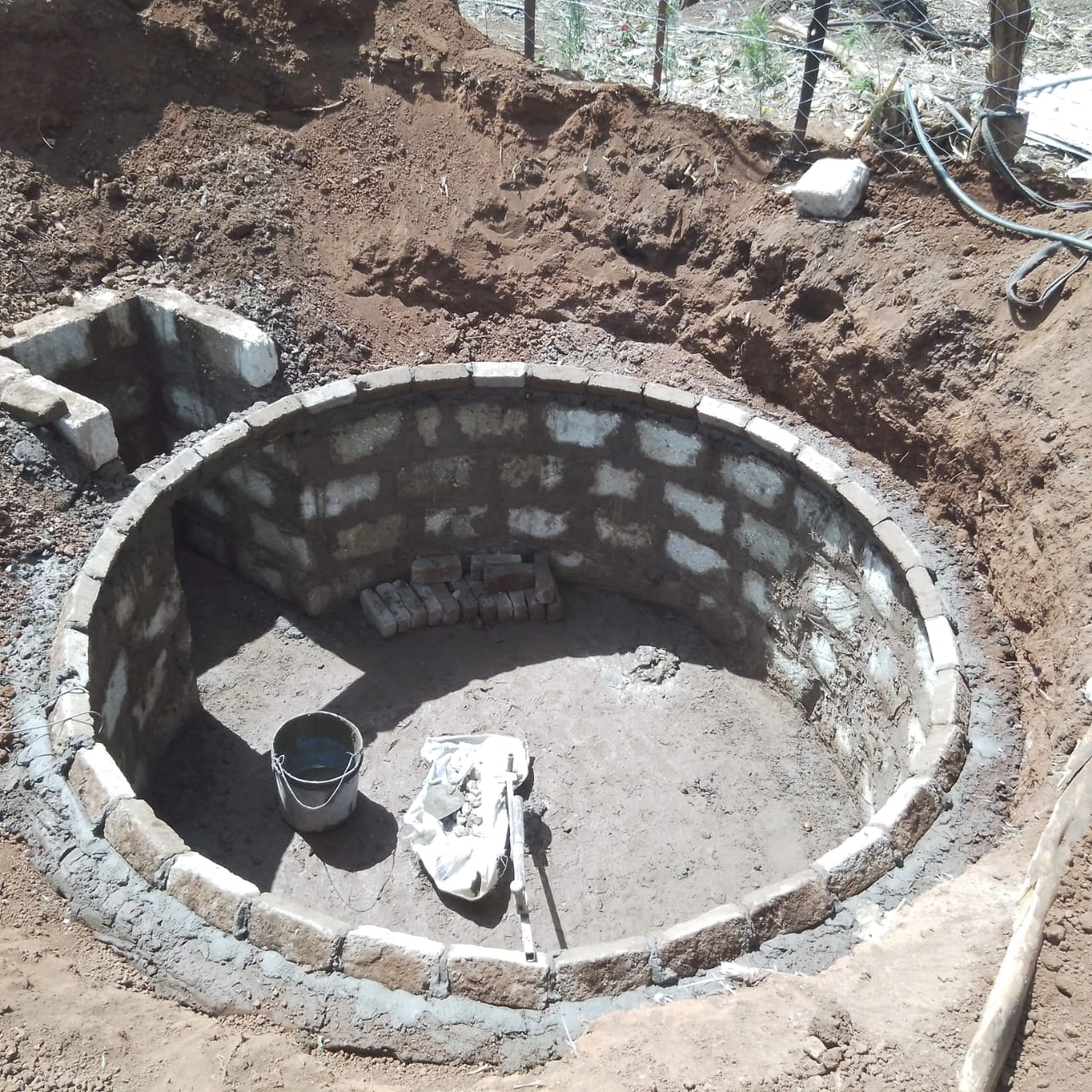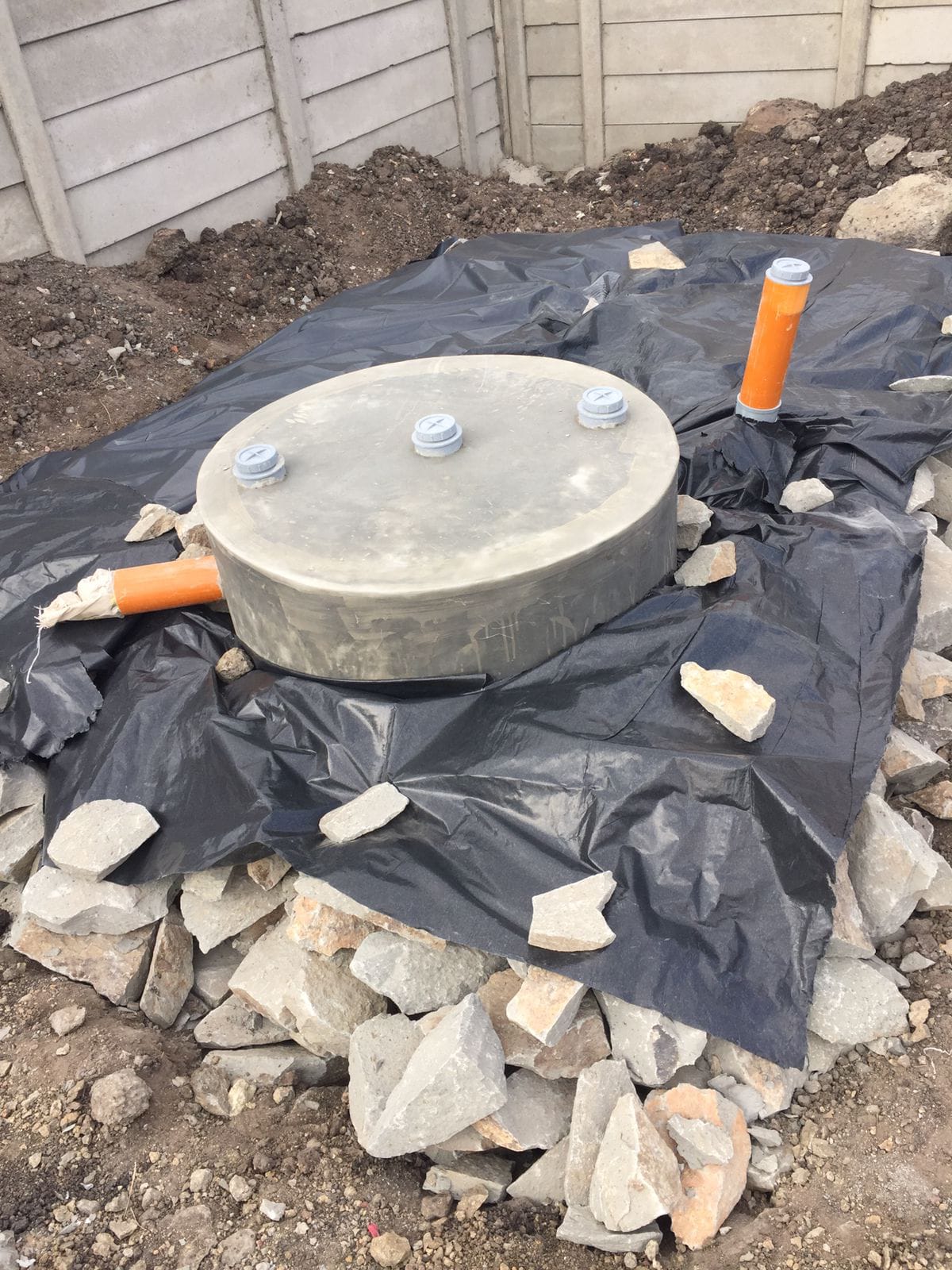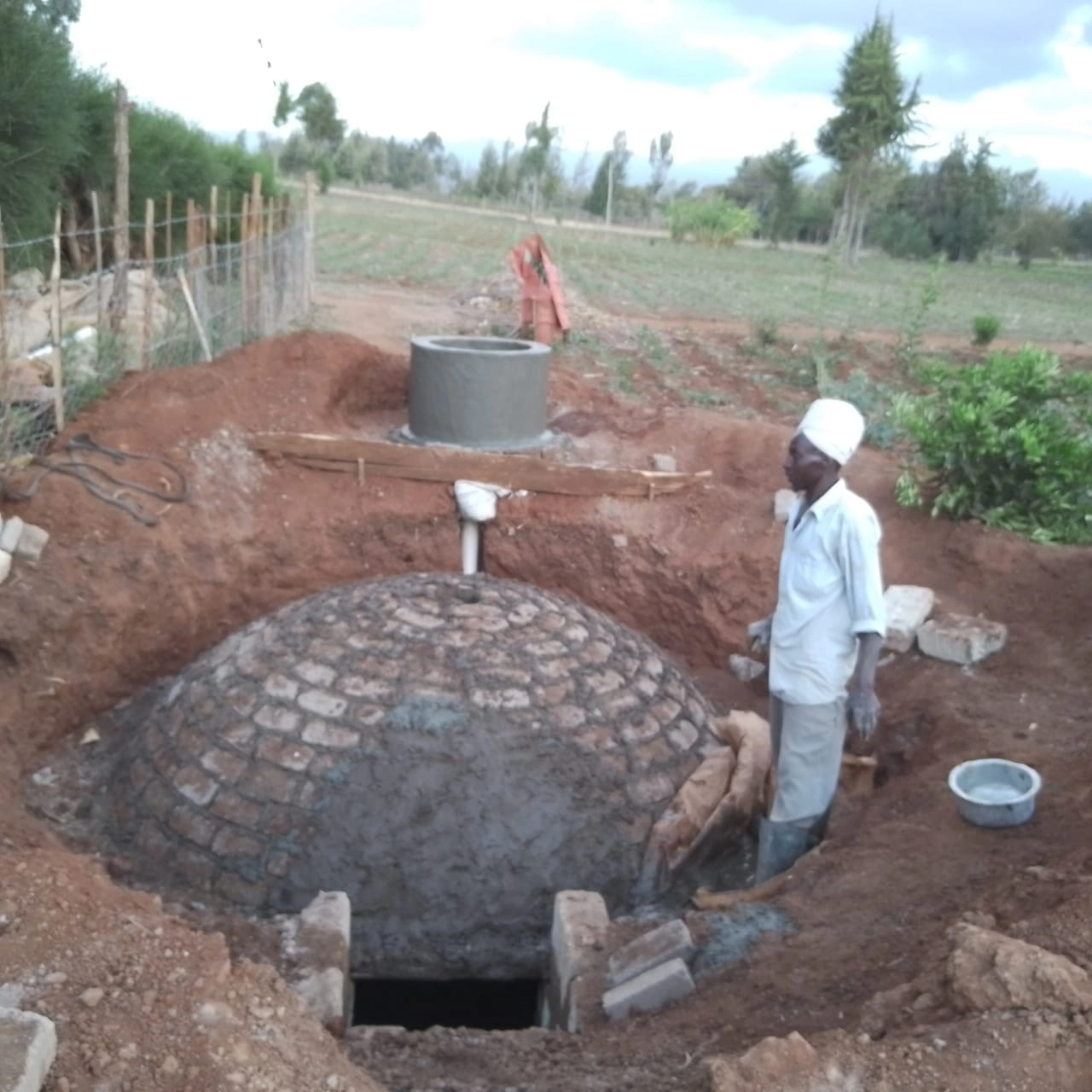Explore the impact of biodigesters on Kenya’s environment and economy.
Learn about the benefits, challenges, and success stories of implementing bio-digesters in residential and commercial settings.
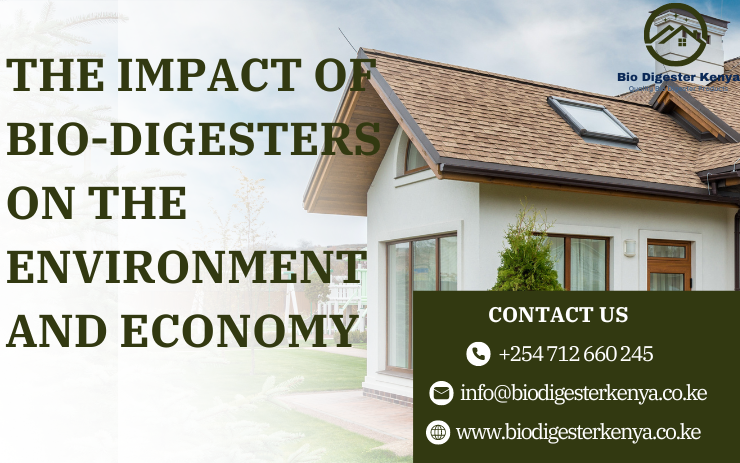
Introduction
The sanitation landscape in Kenya is undergoing a significant transformation with the widespread adoption of biodigesters.
These innovative waste management systems offer a sustainable solution to the country’s sanitation challenges while simultaneously benefiting the environment and economy.
In this article, we delve into the impact of biodigesters on Kenya’s sanitation landscape, exploring their environmental benefits, economic implications, implementation across residential and commercial sectors, as well as addressing challenges and presenting case studies of successful implementation.
Understanding Biodigesters
What are Biodigesters?
Biodigesters are advanced waste management systems designed to harness the natural process of anaerobic digestion. They utilize microorganisms to break down organic waste material in the absence of oxygen, producing biogas and nutrient-rich effluent as byproducts.
How do Biodigesters Work?
Operating through a series of biological and chemical processes, biodigesters decompose organic waste material, releasing methane and carbon dioxide gases. These gases can be captured and utilized as a renewable energy source, while the remaining effluent can be utilized as organic fertilizer.
The Environmental Impact
Reduction of Greenhouse Gas Emissions
Biodigesters play a crucial role in reducing greenhouse gas emissions by capturing methane, a potent greenhouse gas, and converting it into biogas.
This process helps mitigate climate change by reducing the release of harmful gases into the atmosphere.
Mitigation of Water Pollution
Furthermore, biodigesters aid in mitigating water pollution by effectively managing organic waste without contaminating water sources.
By converting waste into harmless byproducts, they prevent the pollution of rivers, lakes, and groundwater.
Economic Benefits
Cost Savings on Waste Management
One of the significant economic benefits of bio-digesters is the cost savings associated with waste management. By converting organic waste into valuable resources such as biogas and fertilizer, biodigesters help reduce waste disposal costs and energy expenses.
Creation of Job Opportunities
Additionally, the widespread adoption of biodigesters creates job opportunities in various sectors, including manufacturing, installation, and maintenance. This contributes to economic growth and empowers local communities.
Implementation of Biodigesters in Kenya
Residential Applications
In residential settings, biodigesters offer an efficient and eco-friendly solution to household waste management. They can be installed underground or above ground, catering to the diverse needs of homeowners while minimizing environmental impact.
Commercial Applications
In commercial spaces such as hotels, schools, and hospitals, biodigesters provide an effective means of managing large volumes of organic waste. Customized systems can be designed to meet the specific requirements of each establishment, optimizing waste management practices.
Challenges and Solutions
Initial Investment Costs
While biodigesters offer long-term cost savings, the initial investment required for installation may pose a challenge for some individuals and businesses. However, various financing options and incentives are available to offset these costs, making bio-digesters more accessible.
Maintenance Requirements
Biodigesters require regular maintenance to ensure optimal performance. This includes monitoring gas production, inspecting components for wear and tear, and occasional cleaning. Training programs and support services are available to assist users in maintaining their systems effectively.
Case Study: Eco-Friendly Farming with Bio-digesters
Introduction: Mr. John Kariuki, a dairy farmer in Kenya, faced the challenge of managing organic waste from his cows while also seeking sustainable energy solutions for his farm. In pursuit of a greener and more efficient farming practice, he decided to implement a biodigester system on his farm.
Background: Mr. Kariuki’s farm, located in the rural outskirts of Nairobi, housed a small herd of dairy cows. With daily waste accumulation from the cows, he sought an environmentally friendly way to manage the waste while simultaneously harnessing its potential benefits.
Implementation: Mr. Kariuki partnered with Bio Digester Kenya to install a biodigester system on his farm. The system was customized to accommodate the organic waste generated by his cows and designed to produce biogas for cooking and heating purposes.
Results: After the successful installation of the bio-digester, Mr. Kariuki witnessed significant improvements on his farm:
- Biogas Production: The biodigester efficiently converted cow waste into biogas, providing a renewable energy source for cooking and heating on the farm.
- Manure Production: The byproduct of the biodigester process, nutrient-rich effluent, served as organic fertilizer for his crops, enhancing soil fertility and crop yield.
- Cost Savings: By reducing dependency on fossil fuels for energy and synthetic fertilizers for crop production, Mr. Kariuki experienced notable cost savings, contributing to the overall profitability of his farm.
Environmental Impact: Mr. Kariuki’s adoption of the biodigester system had positive environmental implications:
- Greenhouse Gas Reduction: By capturing methane emissions from cow waste and converting them into biogas, Mr. Kariuki significantly reduced greenhouse gas emissions from his farm.
- Water Pollution Mitigation: The biodigester prevented contamination of nearby water sources by effectively managing organic waste, thus safeguarding the local environment.
Conclusion: Mr. John Kariuki’s experience demonstrates the transformative impact of biodigesters on sustainable farming practices. By integrating eco-friendly waste management solutions with renewable energy production, farmers like Mr. Kariuki can achieve economic prosperity while preserving the environment for future generations.
Conclusion
In conclusion, biodigesters are revolutionizing Kenya’s sanitation landscape, offering a sustainable and cost-effective solution to waste management. With their environmental benefits, economic opportunities, and versatility in application, biodigesters are poised to play a significant role in shaping the future of sanitation in Kenya and beyond.
FAQs
Are biodigesters suitable for all types of organic waste? Biodigesters are primarily designed to process organic waste, including kitchen waste, animal manure, agricultural residues, and sewage. However, certain materials like plastic, metal, or non-biodegradable substances should be avoided as they can interfere with the digestion process.
What are the maintenance requirements for a biodigester system?
Biodigesters require minimal maintenance, but regular upkeep is essential for optimal performance. Maintenance tasks may include monitoring gas production, inspecting pipes for leaks, removing accumulated solids, and replenishing enzyme additives if necessary.Can bio-digesters be retrofitted into existing sanitation infrastructure? Yes, biodigesters can often be retrofitted into existing sanitation systems with proper planning and installation. However, it’s essential to assess the compatibility of the infrastructure and ensure adequate space and resources for integration.
How long does it take to recoup the initial investment in a biodigester system? The time to recoup the initial investment in a biodigester system varies depending on factors such as the size of the system, waste volume, energy savings, and local utility costs. In many cases, significant cost savings from reduced waste disposal and energy expenses can lead to a relatively quick return on investment.
What government incentives are available for adopting biodigesters in Kenya? In Kenya, there are various government incentives and subsidies available to promote the adoption of biodigesters and other renewable energy technologies. These incentives may include tax credits, grants, rebates, and low-interest loans aimed at encouraging sustainable waste management practices and reducing environmental impact.

